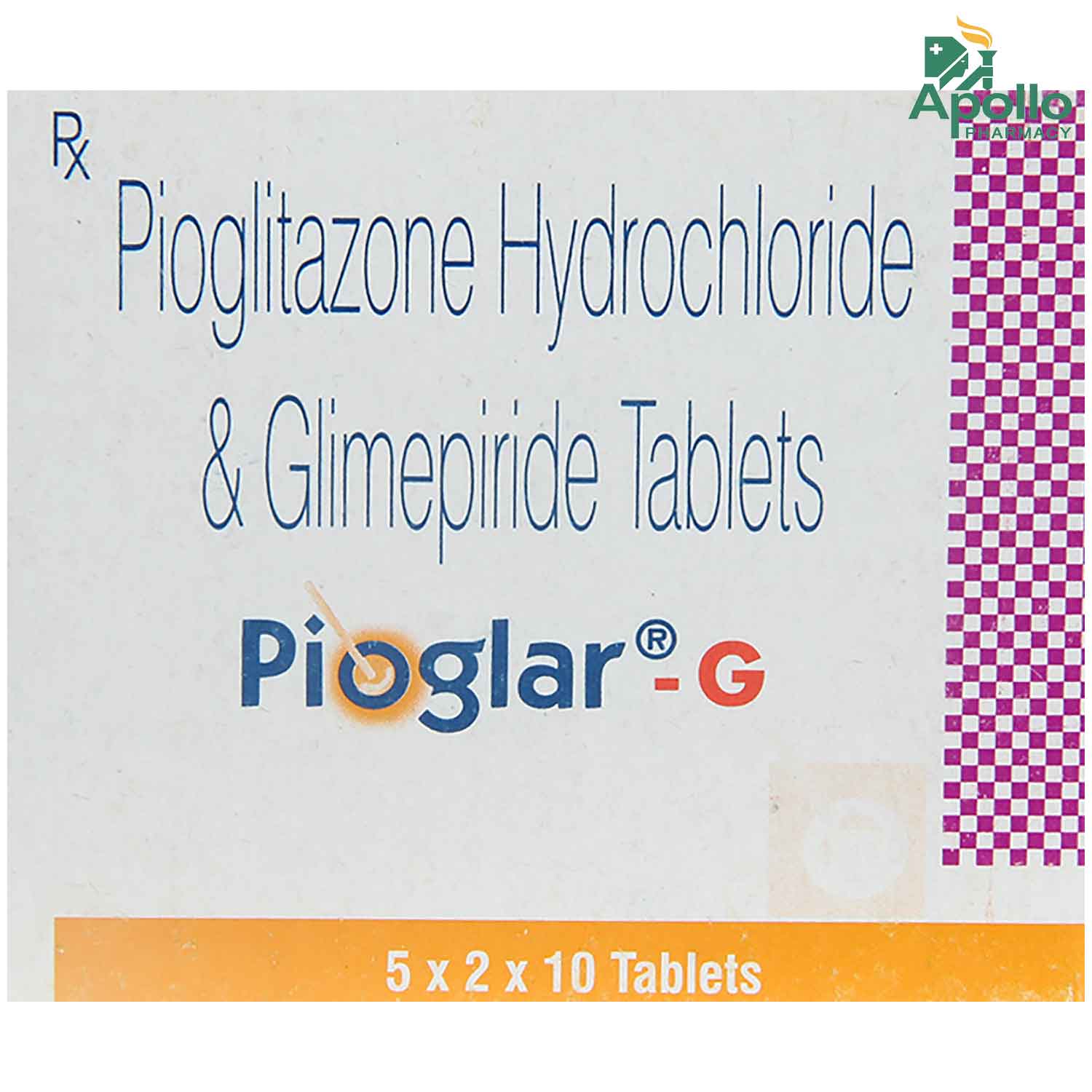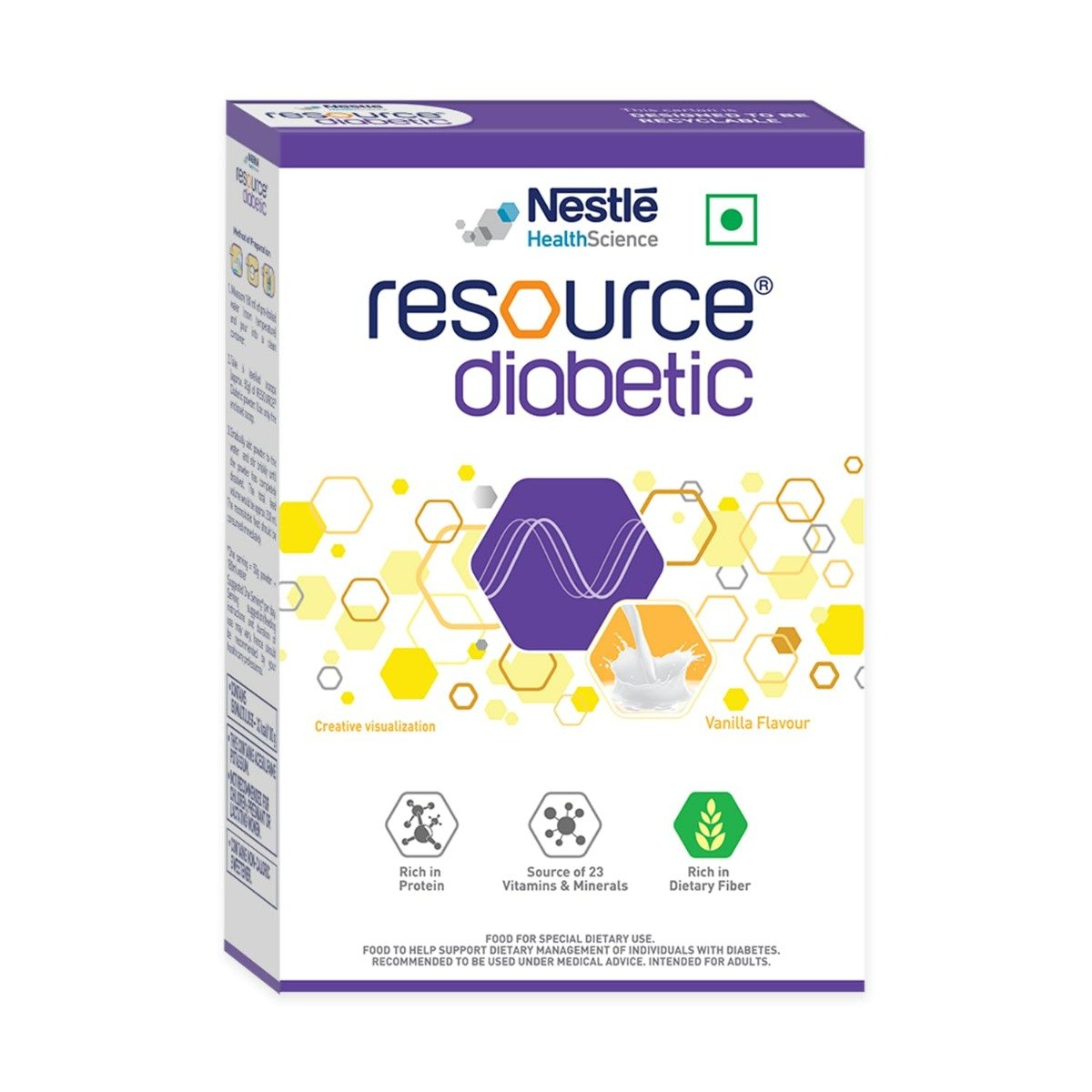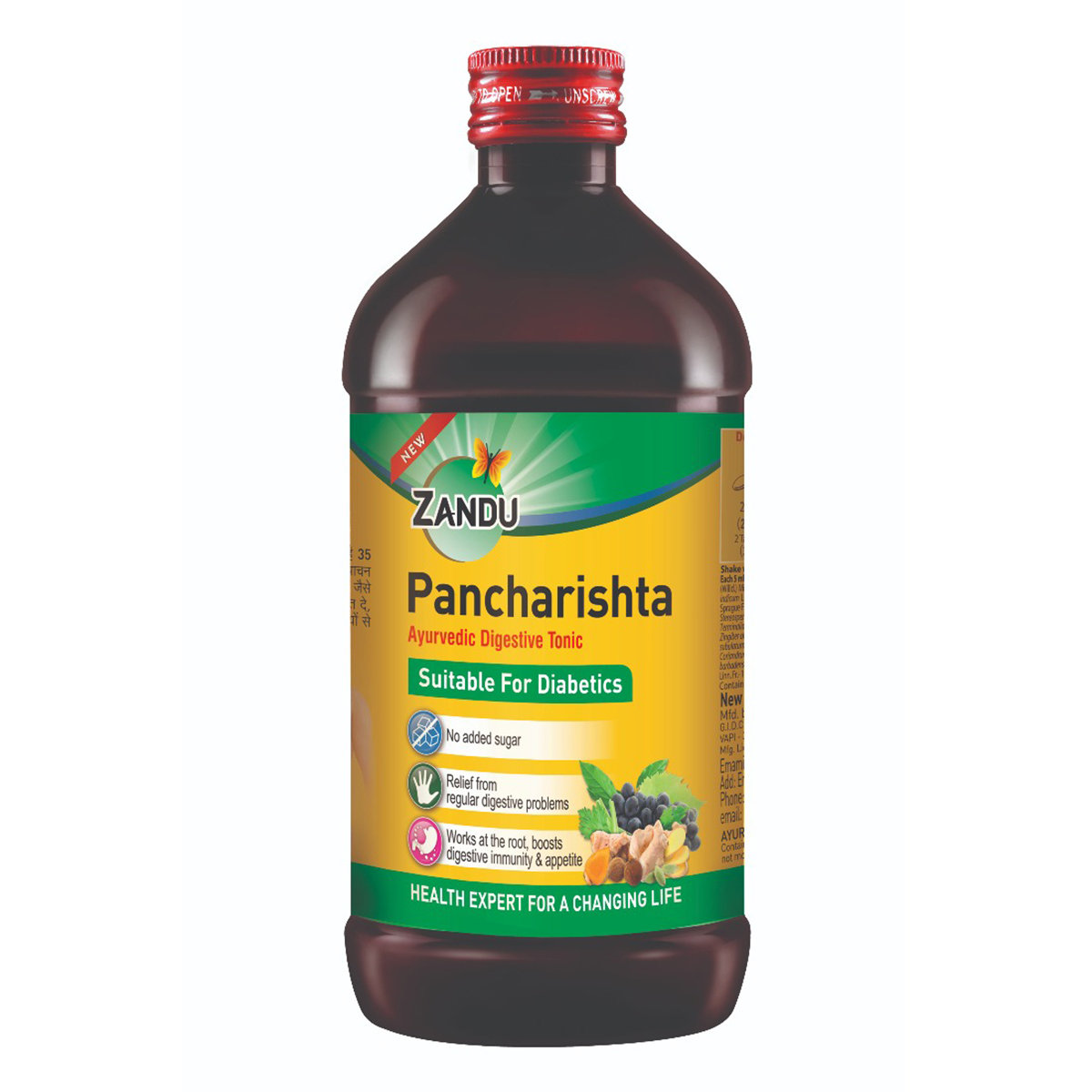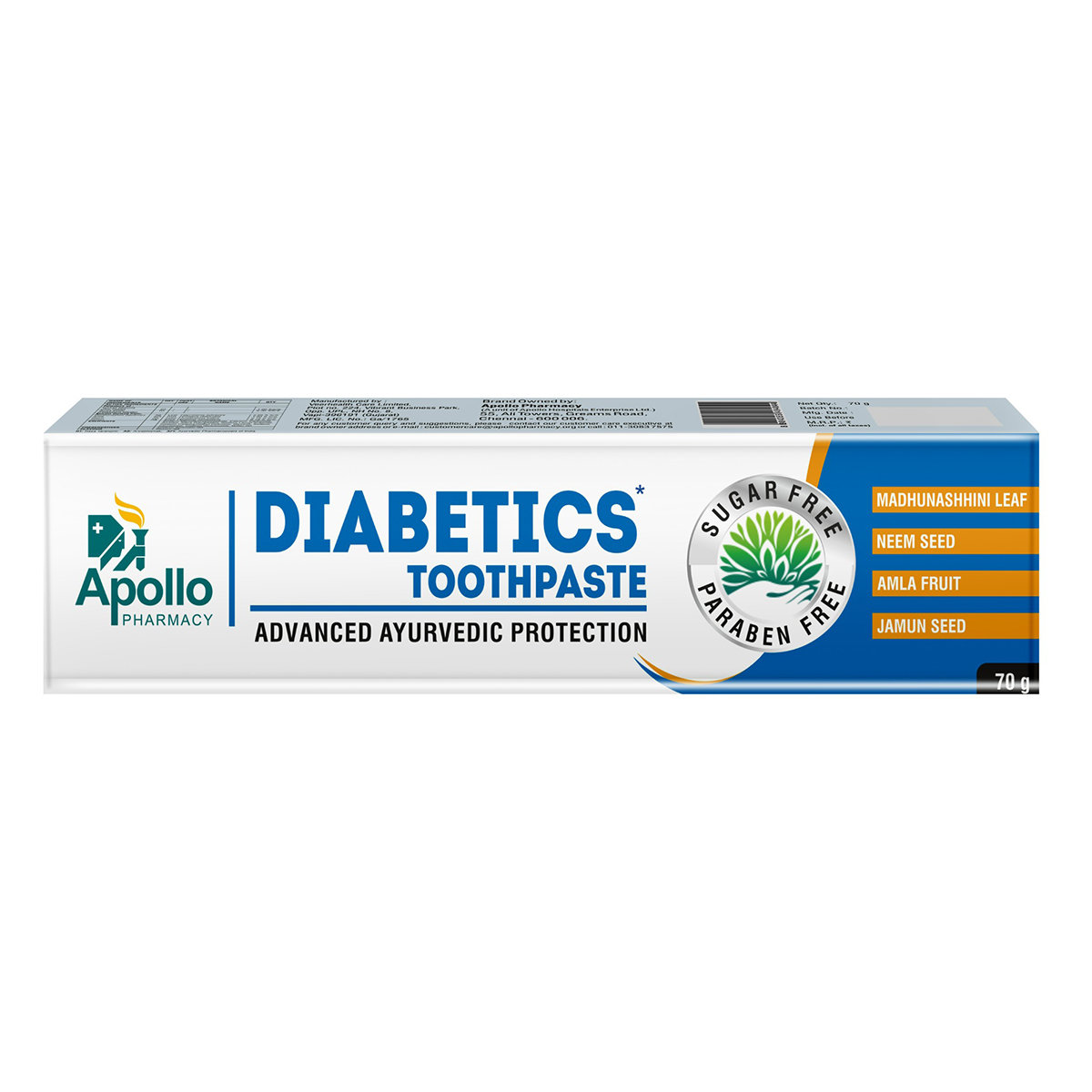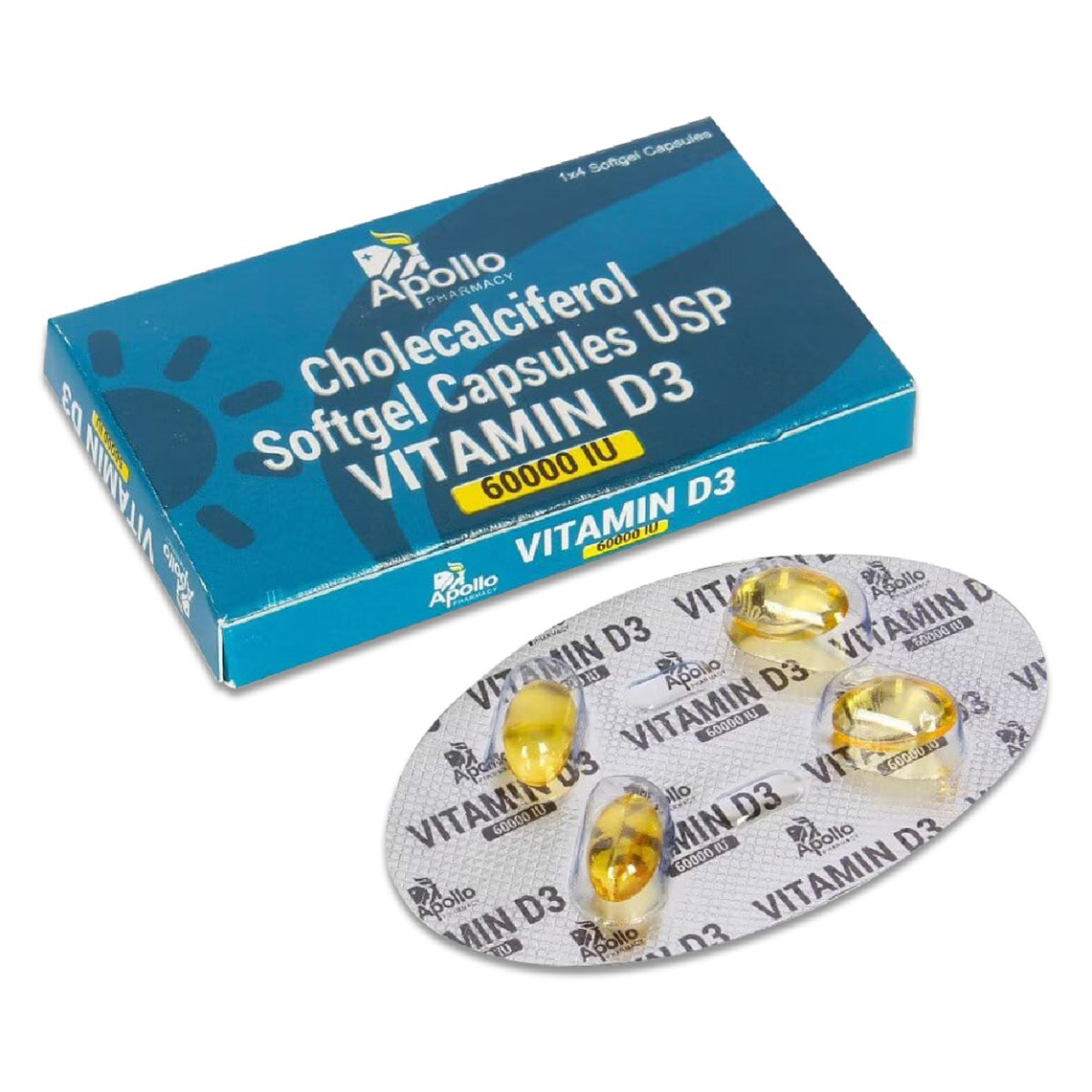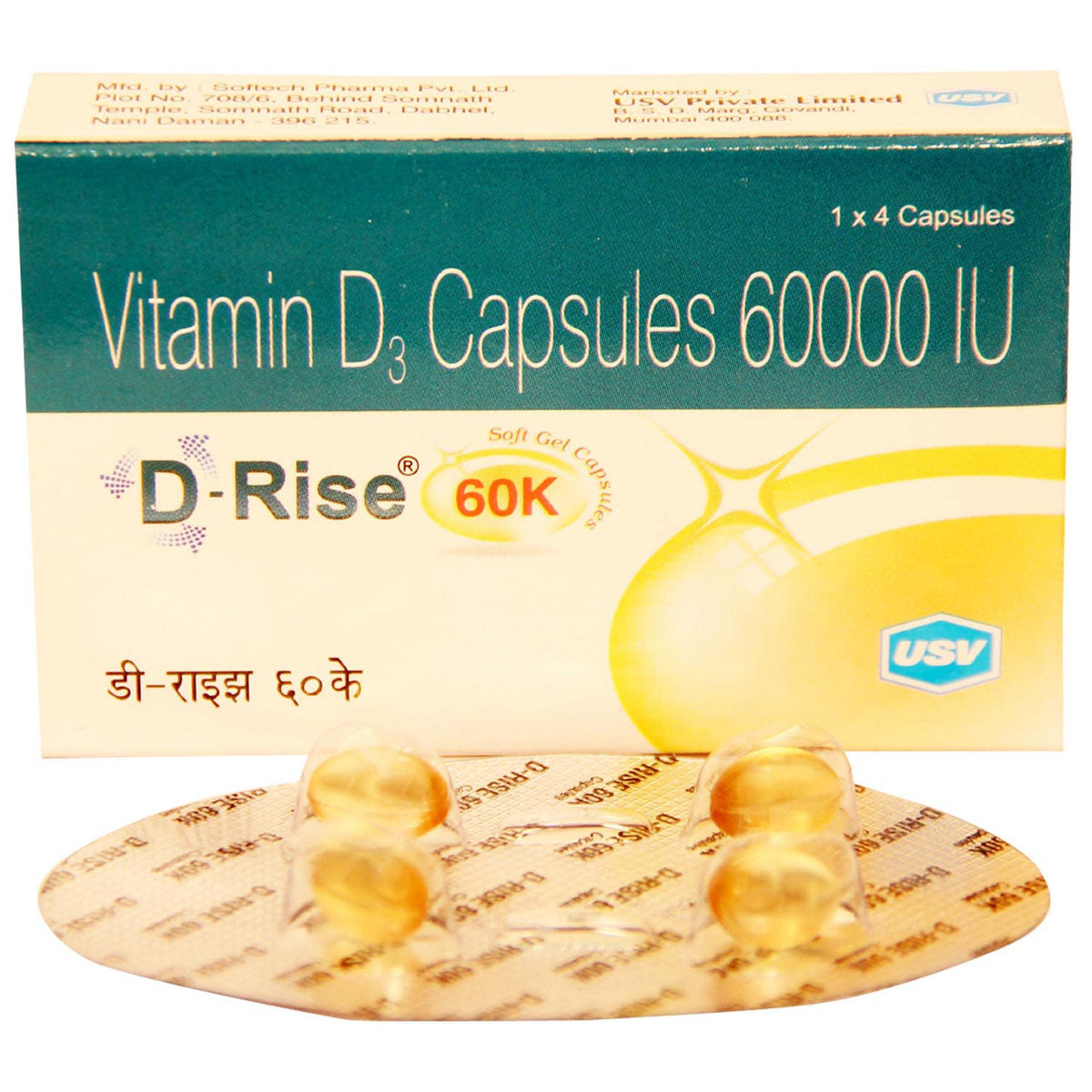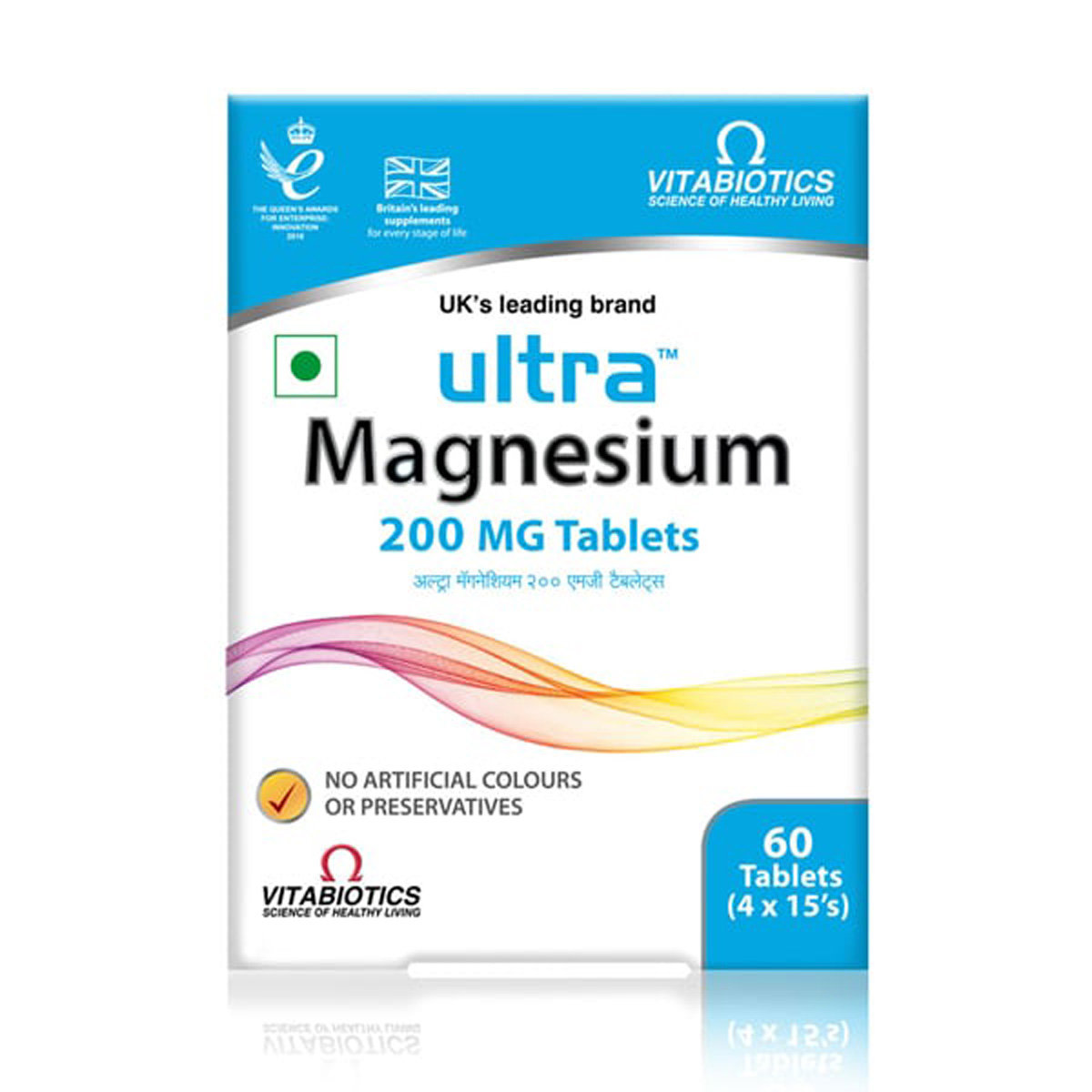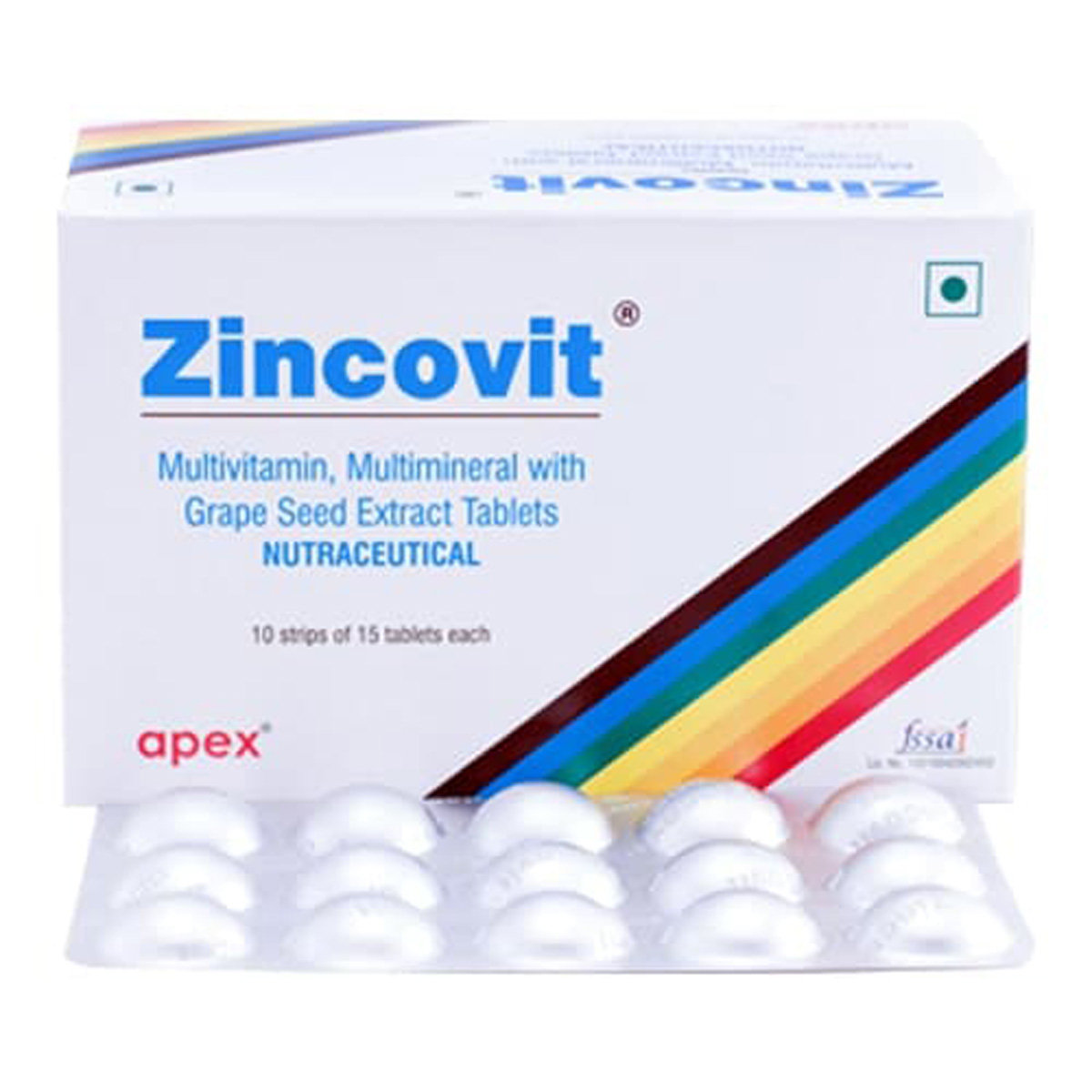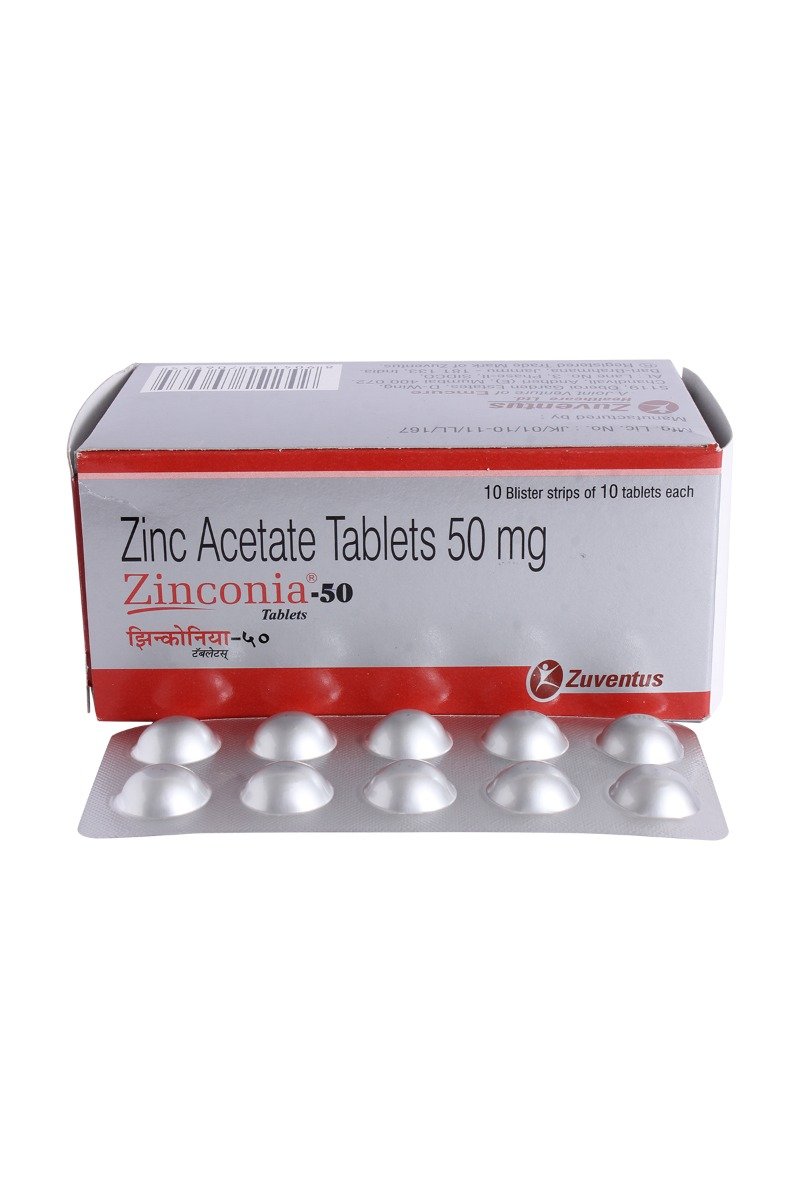AMARYL P 2MG TABLET

MRP ₹3300
(Inclusive of all Taxes)
₹495.0 Cashback (15%)
know your delivery time
Provide Delivery Location
Composition :
Manufacturer/Marketer :
Consume Type :
Expires on or after :
Return Policy :

Secure Payment

Trusted by 8 Crore Indians

Genuine Products
Therapeutic Class
Country of origin
Manufacturer/Marketer address
FAQs
Disclaimer
Alcohol
Safe if prescribed
You are recommended not to consume alcohol along with AMARYL P 2MG TABLET to avoid unpleasant side-effects.
Pregnancy
Consult your doctor
AMARYL P 2MG TABLET is not generally recommended in pregnancy. It's not clear whether pioglitazone can harm your unborn baby. It is highly recommended to consult your doctor before taking this drug in case you are pregnant.
Breast Feeding
Consult your doctor
It is highly recommended to consult your doctor before taking AMARYL P 2MG TABLET.
Driving
Safe if prescribed
AMARYL P 2MG TABLET will not affect your ability to drive or use machines but take care if you experience abnormal vision.
Liver
Consult your doctor
AMARYL P 2MG TABLET to be taken with caution, especially if you have a history of liver diseases/conditions. The dose may have to be adjusted by your doctor.
Kidney
Consult your doctor
AMARYL P 2MG TABLET to be taken with caution, especially if you have a history of Kidney diseases/conditions. The dose may have to be adjusted by your doctor.
Children
Safe if prescribed
The safety and efficacy of AMARYL P 2MG TABLET in children have not been established. AMARYL P 2MG TABLET is not recommended in children unless prescribed by a child specialist.
Product Substitutes
About AMARYL P 2MG TABLET
AMARYL P 2MG TABLET belongs to a group of medicines known as 'antidiabetics', used to treat type 2 (non-insulin-dependent) diabetes mellitus. In type 2 diabetes the body doesn't make enough insulin, or the insulin is not effectively used by the body. This is a type of diabetes that usually develops in adulthood. Insulin is a natural substance released by the body to break down the sugar of the body.
AMARYL P 2MG TABLET is a combination of two drugs namely 'Pioglitazone' and 'Glimepiride'. Pioglitazone belongs to the class of thiazolidinedione (TZD) also called 'glitazones' which helps control the level of sugar in your blood by helping your body to make better use of the insulin it produces. Glimepiride belongs to a class of medicines known as 'sulfonylureas', which works by causing the pancreas to produce more amount of insulin and helping the body to use insulin effectively. This drug also works best for individuals whose bodies naturally produce insulin.
Take AMARYL P 2MG TABLET as suggested by the doctor. You are advised to take AMARYL P 2MG TABLET for as long as your doctor has prescribed it for you depending on your medical condition. In some cases, you may experience certain common side effects such as upper respiratory tract infection, headache, sinusitis, myalgia (muscle pain) and pharyngitis. Most of these side effects do not require medical attention and will resolve gradually over time. However, you are advised to talk to your doctor if you experience these undesirable effects persistently.
AMARYL P 2MG TABLET should not be taken if you have type 1 diabetes mellitus, if you are hypersensitive (allergic) to AMARYL P 2MG TABLET or any of the other ingredients of AMARYL P 2MG TABLET, have heart failure or have had heart failure in the past, diabetic ketoacidosis (a complication of diabetes causing rapid weight loss, nausea or vomiting), severe kidney or liver disease, bladder cancer. Please inform your doctor if you have any heart disease or planning to get pregnant or breastfeeding. Safety and efficacy of AMARYL P 2MG TABLET in children under 18 years have not been established, so it should not be given to them. AMARYL P 2MG TABLET is safe to taken by elderly persons whose age is 65 or over if prescribed by the doctor.
Uses of AMARYL P 2MG TABLET
Medicinal Benefits Mweb
Key Benefits
AMARYL P 2MG TABLET is an antidiabetic drug used along with a proper diet and exercise to control high blood sugar (hyperglycemia) in patients with type 2 diabetes. AMARYL P 2MG TABLET works by helping to restore your body's appropriate response to insulin, thereby lowering your blood sugar. AMARYL P 2MG TABLET may be used on its own in patients who are unable to take metformin and where treatment with diet and exercise has failed to control blood sugar. As AMARYL P 2MG TABLET helps to control the high blood sugar levels in the body, so it prevents the risk of blindness, nerve problems, kidney damage and other serious medical issues like a heart attack.
Directions for Use
Side Effects of AMARYL P 2MG TABLET
- Headache
- Sinusitis
- Myalgia (muscle pain)
- Upper respiratory tract infection
- Urinary tract infection
- Diarrhea
- Nausea
- Pharyngitis (inflammation of pharynx located back of neck)
Drug Warnings
AMARYL P 2MG TABLET should not be stopped even if you feel better, without consulting your doctor as sugar level keeps changing. If you stop taking AMARYL P 2MG TABLET suddenly, it may increase your sugar levels which could further increase the risk of eyesight loss (retinopathy), kidney damage (nephropathy), and nerve damage (neuropathy). AMARYL P 2MG TABLET is used to lower the blood sugar however if your sugar level gets reduced to a very low level and you start experiencing symptoms including hunger, sweating, dizziness, headache and feeling shaky. To treat such a condition, it is suggested to keep a fast-acting source of sugar in your bag that includes hard candy, raisins, and non-diet soda. Fluid retention (edema) may occur and can lead to congestive heart failure so, combination use with insulin and use in heart failure may increase the risk in patients taking AMARYL P 2MG TABLET. You should not take AMARYL P 2MG TABLET if you have kidney disease, as measured by a blood test. AMARYL P 2MG TABLET, when used with or without insulin, tends to extremely lower the blood sugar level. So, the doctor may lower the dose of insulin. Increased fractures may be reported in some women taking AMARYL P 2MG TABLET. Patients with bladder cancer and macular edema (fluid build-up in the macula part of the retina of the eye) should consult the doctor before using AMARYL P 2MG TABLET.
Drug-Drug Interactions
Drug-Drug Interactions
Login/Sign Up
Co-administration of Amaryl P 2mg Tablet with Gatifloxacin may sometimes affect blood glucose levels. Both high blood glucose and, less frequently, low blood glucose have been reported.
How to manage the interaction:
Although there is a possible interaction, Amaryl P 2mg Tablet can be taken with Gatifloxacin if prescribed by the doctor. Consult the prescriber if you experience symptoms such as nervousness, confusion, headache, dizziness, drowsiness, tremors, nausea, hunger, weakness, excessive sweating, rapid heartbeat, increased urination, increased thirst, and increased hunger. Maintaining blood glucose levels is advised. Do not discontinue any medications without a doctor's advice.
Co-administration of Leflunomide may increase the blood levels and effects of Amaryl P 2mg Tablet.
How to manage the interaction:
Although there is a possible interaction, Amaryl P 2mg Tablet can be taken with Leflunomide if prescribed by the doctor. Consult the doctor if your condition changes or you experience increased side effects. Regular monitoring of blood glucose levels is advised. Do not discontinue the medications without consulting a doctor.
Taking Amaryl P 2mg Tablet with sunitinib may increase the risk of low blood sugar.
How to manage the interaction:
Although there is a possible interaction, Amaryl P 2mg Tablet can be taken with sunitinib if prescribed by the doctor. Consult the prescriber if you experience symptoms if low blood sugar such as headache, dizziness, drowsiness, nervousness, confusion, tremor, nausea, hunger, weakness, perspiration, palpitation, and rapid heartbeat. Do not discontinue the medications without consulting a doctor.
Taking Amaryl P 2mg Tablet with Paroxetine may increase the risk of low blood sugar.
How to manage the interaction:
Although there is a possible interaction, Amaryl P 2mg Tablet can be taken with paroxetine if prescribed by the doctor. Consult the prescriber if you experience symptoms of low blood sugar like headache, dizziness, drowsiness, nervousness, confusion, tremor, nausea, hunger, weakness, perspiration, palpitation, and rapid heartbeat. Do not discontinue the medications without consulting a doctor.
Taking Amaryl P 2mg Tablet with Sulfadiazine may increase the risk of low blood sugar.
How to manage the interaction:
Although there is a possible interaction, Amaryl P 2mg Tablet can be taken with sulfadiazine if prescribed by the doctor. Consult the prescriber if you experience symptoms of low blood sugar such as headache, dizziness, drowsiness, nervousness, confusion, tremor, nausea, hunger, weakness, perspiration, palpitation, and rapid heartbeat. Do not discontinue the medications without consulting a doctor. Do not discontinue the medications without consulting a doctor.
Co-administration of Sparfloxacin with Amaryl P 2mg Tablet can affect blood glucose levels. Both high blood glucose and, less frequently, low blood glucose have been reported.
How to manage the interaction:
Although there is a possible interaction, Amaryl P 2mg Tablet can be taken with Sparfloxacin if prescribed by the doctor. Consult the prescriber if you experience symptoms of low blood sugar such as headache, dizziness, drowsiness, nervousness, confusion, tremor, nausea, hunger, weakness, perspiration, palpitation, and rapid heartbeat (or) symptoms of high blood sugar like increased thirst, increased hunger, and increased urination. Monitoring of blood glucose levels is advised. Do not discontinue the medications without consulting a doctor.
Taking Ketoprofen with Amaryl P 2mg Tablet may increase the risk of hypoglycemia (low blood sugar).
How to manage the interaction:
Although there is a possible interaction, Amaryl P 2mg Tablet can be taken with Ketoprofen if prescribed by the doctor. Consult the prescriber if you experience symptoms of low blood sugar such as headache, dizziness, drowsiness, nervousness, confusion, tremor, nausea, hunger, weakness, perspiration, palpitation, and rapid heartbeat. Do not taking the medications without consulting a doctor.
Taking Amaryl P 2mg Tablet with Citalopram may increase the risk of low blood sugar.
How to manage the interaction:
Although there is a possible interaction, Amaryl P 2mg Tablet can be taken with Citalopram if prescribed by the doctor. Consult the prescriber if you experience symptoms of low blood sugar such as headache, dizziness, drowsiness, nervousness, confusion, tremor, nausea, hunger, weakness, perspiration, palpitation, and rapid heartbeat. Do not discontinue the medications without consulting a doctor.
Co-administration of Amaryl P 2mg Tablet with Cinoxacin can sometimes affect blood glucose levels. Both hyperglycemia (high blood glucose) and, less frequently, hypoglycemia (low blood glucose) have been reported.
How to manage the interaction:
Although there is an interaction between Amaryl P 2mg Tablet and Cinoxacin can lead to an interaction. However, consult a doctor immediately if you experience any symptoms of hyperglycemia such as increased thirst, increased hunger, and increased urination of hypoglycemia include headache, dizziness, drowsiness, nervousness, confusion, tremor, nausea, hunger, weakness, perspiration, palpitation, and rapid heartbeat, symptoms of hyperglycemia may include increased thirst, increased hunger, and increased urination. Do not discontinue the medications without consulting a doctor.
When Amaryl P 2mg Tablet is taken with Thioridazine may interfere with blood glucose control and reduce the effectiveness of Amaryl P 2mg Tablet.
How to manage the interaction:
Taking Amaryl P 2mg Tablet with Thioridazine together can possibly result in an interaction, but it can be taken if a doctor has advised it. If you notice any of these signs - really high or low blood sugar levels - make sure to contact a doctor right away. Do not stop using any medications without a doctor's advice.
Drug-Food Interactions
Drug-Food Interactions
Login/Sign Up
Drug-Diseases Interactions
Drug-Diseases Interactions
Login/Sign Up
Drug-Drug Interactions Checker List
- GEMFIBROZIL
- RIFAMPICIN
- COLESEVELAM
- METOPROLOL
- PROPRANOLOL
- TIMOLOL
Habit Forming
Special Advise
- Keep taking the drug even if you think your blood sugar levels are under control. If you miss a dose, do not take a larger dose, consult your treating physician for advice.
- Take short frequent meals, avoid prolonged fasting when taking this drug. Beware of symptoms of hypoglycemia which include sweating, dizziness, palpitations, shivering, intense thirst, dry mouth, dry skin, frequent urination, etc. Whenever you experience the above-mentioned symptoms, immediately consume 5-6 candies or 3 glucose biscuits, or 3 teaspoons of honey/sugar, and also get in touch with your physician. Make sure to carry these with you at all times, especially for long travels.
- It is always better that your physician knows about any underlying conditions like kidney disease or liver disease, prior heart attack, alcohol intake, etc before the doctor prescribes you this medicine.
- Avoid drinking alcohol while on this drug as it increases the risk of hypoglycemia (decrease in blood sugar which might be fatal in some cases) and lactic acidosis (when the lactic acid increases in the body which impacts the functioning of various organs in the body).
- Try to quit smoking and reduce intake of carbohydrate-rich food like potatoes, rice, mangoes, bread, sugar, etc.
Diet & Lifestyle Advise
- Fill your half plate with starchy veggies, a quarter with proteins and a quarter with whole grains.
- Eat at regular intervals. Do not take the long gap between a meal or snack.
- Monitor your blood sugar level regularly especially when there are a lot of fluctuations.
- Invest in at least 150 min of moderate-intensity physical activity and 15 minutes of high-intensity exercise every week.
- Lose weight gradually to achieve a healthy body mass index (18.5 to 24.9).
- Replace refined carbohydrates-containing foods with whole grain foods and increase intake of fruits and veggies and other fiber-enriched foods.
- Reduce intake of saturated fat (or hidden fats) in food like chips, crisps, pastries, biscuits and samosas. Choose omega-3 fatty acid-containing oils for daily cooking. For frying, you may use palm oil, mustard oil, groundnut oil, rice bran oil and safflower oil.
- Do not take stress as it may elevate your blood sugar level. You may adopt stress management techniques like mindfulness, yoga or meditation to control stress-related blood sugar changes.
- Opt for low-fat dairy products (low-fat yogurt, fat-free milk, and cheese, etc.).
- Keep your blood pressure as normal (120/80) as possible. As it reduces the risk of cardiovascular diseases in diabetes patients.
All Substitutes & Brand Comparisons
RX
Out of StockGlimtaz Tablet
Medley Pharmaceuticals Ltd
₹47.52
(₹4.28 per unit)
98% CHEAPERRX
Out of StockPioriv G 15mg/2mg Tablet
East African Overseas (I) Pvt Ltd
₹57.5
(₹5.18 per unit)
98% CHEAPERRX
Out of StockPIOGLIT GF TABLET
Sun Pharmaceutical Industries Ltd
₹67
(₹5.9 per unit)
97% CHEAPER

Have a query?
Buy best Diabetics products by
Torrent Pharmaceuticals Ltd
Sun Pharmaceutical Industries Ltd
Eris Life Sciences Ltd
Intas Pharmaceuticals Ltd
Lupin Ltd
Micro Labs Ltd
Mankind Pharma Pvt Ltd
Lloyd Healthcare Pvt Ltd
Alkem Laboratories Ltd
Abbott India Ltd
Glenmark Pharmaceuticals Ltd
Cipla Ltd
Macleods Pharmaceuticals Ltd
Wockhardt Ltd
Dr Reddy's Laboratories Ltd
Primus Remedies Pvt Ltd
USV Pvt Ltd
Aristo Pharmaceuticals Pvt Ltd
Emcure Pharmaceuticals Ltd
Alembic Pharmaceuticals Ltd
Ipca Laboratories Ltd
La Renon Healthcare Pvt Ltd
Ajanta Pharma Ltd
Medley Pharmaceuticals Ltd
East West Pharma India Pvt Ltd
Elbrit Life Sciences Pvt Ltd
Corona Remedies Pvt Ltd
Hbc Life Sciences Pvt Ltd
Sinsan Pharmaceuticals Pvt Ltd
Ranmarc Labs
Mitoch Pharma Pvt Ltd
Zydus Healthcare Ltd
Sanofi India Ltd
Akumentis Healthcare Ltd
Fusion Health Care Pvt Ltd
Unison Pharmaceuticals Pvt Ltd
Jubilant Lifesciences Ltd
Novo Nordisk India Pvt Ltd
Tas Med India Pvt Ltd
Blue Cross Laboratories Pvt Ltd
Msn Laboratories Pvt Ltd
Eswar Therapeutics Pvt Ltd
Indoco Remedies Ltd
Q Check Pharmaceuticals
Alteus Biogenics Pvt Ltd
Anthem Bio Pharma
Franco Indian Pharmaceuticals Pvt Ltd
Systopic Laboratories Pvt Ltd
Panacea Biotec Ltd
Zydus Cadila
Biocon Ltd
Edoc Life Sciences Pvt Ltd
Koye Pharmaceuticals Pvt Ltd
Arkas Pharma Pvt Ltd
Diacardus Pharmacy Pvt Ltd
Elinor Pharmaceuticals (P) Ltd
Remedy Life Sciences Pvt Ltd
Saan Labs
Talent India Pvt Ltd
Jarun Pharmaceuticals Pvt Ltd
Capital Pharma
Shrrishti Health Care Products Pvt Ltd
FDC Ltd
Leeford Healthcare Ltd
Nirvana India Pvt Ltd
Elder Pharmaceuticals Ltd
Eli Lilly and Company (India) Pvt Ltd
Glynis Pharmaceuticals Pvt Ltd
Zuventus Healthcare Ltd
Arrient Healthcare Pvt Ltd
Cadomed Pharmaceuticals India Pvt Ltd
Orris Pharmaceuticals
Akesiss Pharma Pvt Ltd
Bal Pharma Ltd
Biochem Pharmaceutical Industries Ltd
Knoll Healthcare Pvt Ltd
Lippon Pharma Pvt Ltd
Morepen Laboratories Ltd
Neucure Lifesciences Pvt Ltd
Opsis Care Lifesciences Pvt Ltd
Wallace Pharmaceuticals Pvt Ltd
Acmedix Pharma Llp
Converge Biotech Pvt Ltd
Erinyle Pharma
Indiabulls Pharmaceuticals Pvt Ltd
Ozone Pharmaceuticals Ltd
Retra Life Science Pvt Ltd
Alvio Pharmaceuticals Pvt Ltd
Geneaid Pharmaceuticals
Heal (India) Laboratories Pvt Ltd
Olcare Laboratories Pvt Ltd
Vasu Organics Pvt Ltd
Kotak Life Sciences
Lakshya Life Sciences Pvt Ltd
Proqol Health Care Pvt Ltd
Sanz Pharmaceuticals
Daylon healthcare pvt Ltd
Mcronus Lifescience Pvt Ltd
Natco Pharma Ltd
Orsim Pharma
Frequently Bought Together




